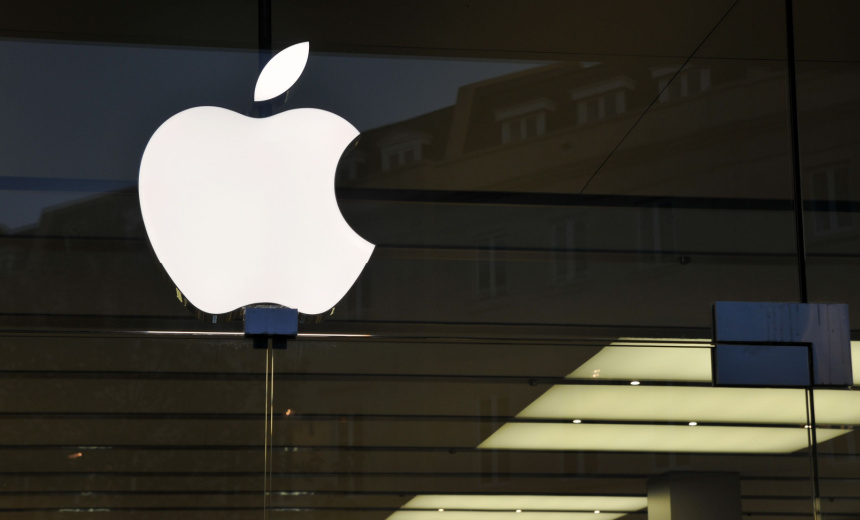Encryption & Key Management,
Security Operations
WhatsApp CEO Warns UK Encryption Demands May Set “Dangerous Precedent”

WhatsApp is making headlines by aligning itself with Apple in a legal confrontation with the U.K. government regarding end-to-end encryption protocols. Apple’s ongoing dispute revolves around a Home Office directive demanding that the tech giant submit unencrypted versions of user data for law enforcement purposes.
Recently, WhatsApp, a subsidiary of Meta, filed a petition to join Apple’s ongoing case in the Investigatory Powers Tribunal. The U.K. government is compelling Apple to create backdoor access to its Advanced Data Protection feature, which secures iCloud backups using end-to-end encryption and permits data decryption solely on authorized devices. This situation underscores a critical juncture in the tug-of-war between privacy rights and law enforcement’s needs for access to data.
In light of this legal battle, Apple has temporarily withdrawn its Advanced Data Protection feature for users in the U.K., although it has also initiated complaints with the Tribunal responsible for overseeing government surveillance. Will Cathcart, head of WhatsApp, expressed concerns that the government’s demands could create a “dangerous precedent,” potentially prompting other nations to pursue similar access requests.
“WhatsApp will contest any legislation or governmental directive that seeks to weaken our encryption services. We remain committed to defending individuals’ rights to private communication online,” Cathcart emphasized in a statement to the Financial Times.
Both WhatsApp and Apple have previously warned about the ramifications of undermining encryption, which they argue would make systems more vulnerable to cyber threats and exploitation by malicious actors—a sentiment echoed by various cybersecurity experts. In contrast, law enforcement agencies assert that such encryption practices can obstruct the timely gathering of critical evidence.
Notably, while the U.K. government appears to be retracting some of its initial calls to breach encryption under the provisions of the Online Safety Act, the current order remains backed by the Investigatory Powers Act of 2016. This act has been criticized as a “Snooper’s Charter,” allowing the government to issue mandates requiring companies to enable access to user content, while simultaneously prohibiting them from disclosing such requests.
The request targeting Apple was disclosed following a leak to the Washington Post, exposing the government’s attempts to gain access to encrypted data. As the case unfolds, a Home Office spokesperson acknowledged the agency’s commitment to preserving privacy rights, insisting that such powers are exercised with caution and only in exceptional cases of serious crimes.
